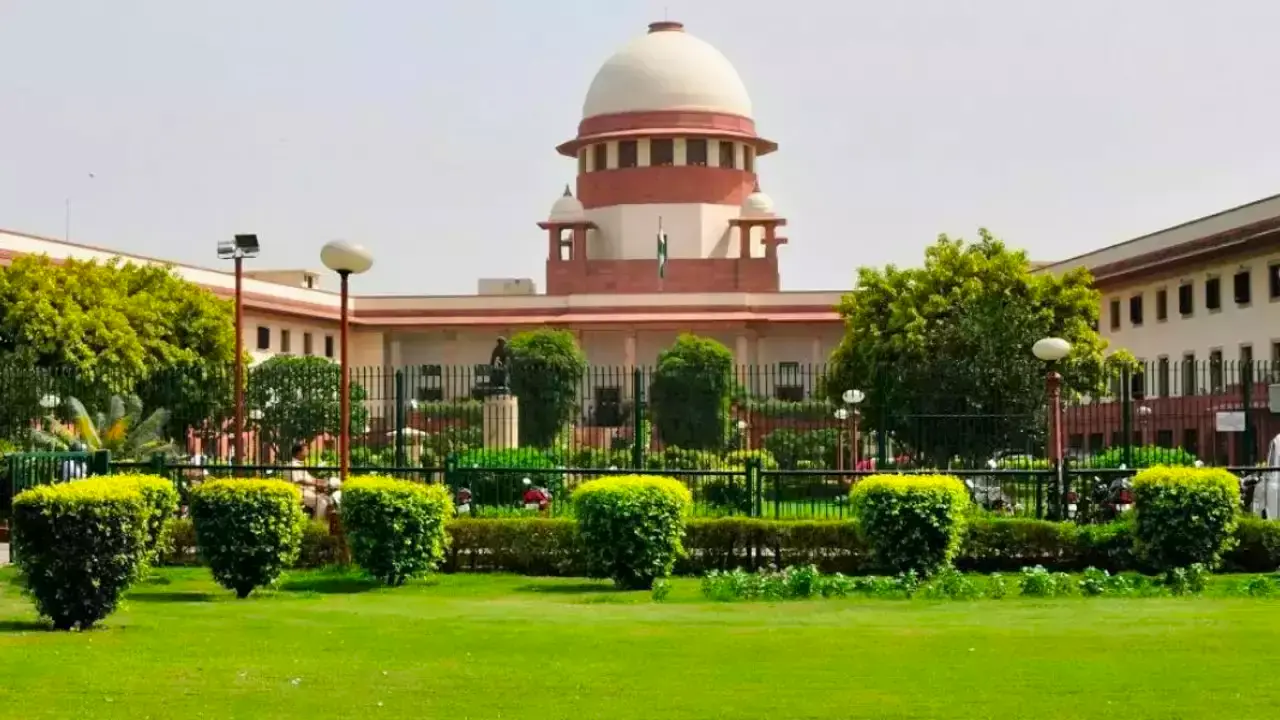Dive into the recent Supreme Court decision validating Rajasthan’s power to collect stamp duty on insurance policies, navigating legislative intricacies and implications for stakeholders.
Rajasthan’s Stamp Duty Jurisdiction
The recent verdict by the Supreme Court has brought clarity to the contentious issue of stamp duty collection on insurance policies within the state of Rajasthan. The ruling, which rejected objections raised by the Life Insurance Corporation, sheds light on the state’s legislative competence in this domain.
Concurrent Legislative Powers
Central to the court’s decision is the interpretation of constitutional provisions governing stamp duties. Entry 44 of List III grants both Parliament and state legislatures concurrent powers to legislate on stamp duties, excluding rates. However, the power to set stamp duty rates exclusively rests with Parliament under Entry 91 of List I.
Clarification on Legislative Competence
In elucidating the division of powers, the court referenced a recent judgment, emphasizing that states can levy stamp duty on insurance policies utilizing rates prescribed by Parliament. This mechanism, sourced through Entry 44 of List III, underscores the interplay between state and central authorities in determining stamp duty rates.
Implications for Stakeholders
The ruling holds significant implications for stakeholders, particularly insurance companies operating in Rajasthan. By affirming the state’s authority to impose stamp duty, subject to prescribed rates, the decision provides regulatory certainty and clarity in compliance matters.
Directive on Stamp Duty Collection
In addition to affirming Rajasthan’s jurisdiction, the court issued a directive regarding stamp duty collection practices. Notably, the state government was instructed not to demand stamp duty based on outdated orders from 2004, acknowledging challenges faced by stakeholders in adhering to obsolete regulations.
Ensuring Compliance and Clarity
With the Supreme Court’s ruling, Rajasthan’s stamp duty regime gains legal validation, ensuring compliance with constitutional provisions while providing stakeholders with clarity on their obligations. The decision underscores the delicate balance between state and central authorities in matters of taxation and regulation.
The Supreme Court’s verdict not only reaffirms Rajasthan’s authority in stamp duty matters but also underscores the broader principles of constitutional interpretation and regulatory clarity in the realm of taxation.
